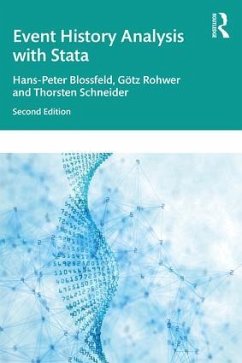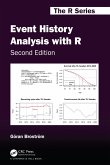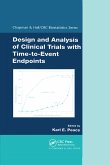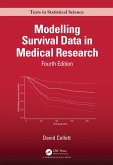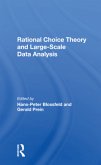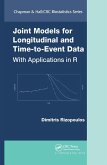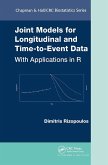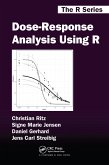Nowadays, event history analysis can draw on a well-established set of statistical tools for the description and causal analysis of event history data. The second edition of Event History Analysis with Stata provides an updated introduction to event history modeling, along with many instructive Stata examples.
Using the latest Stata software, each of these practical examples develops a research question, refers to useful substantive background information, gives a short exposition of the underlying statistical concepts, describes the organization of the input data and the application of the statistical Stata procedures, and assists the reader in performing a substantive interpretation of the obtained results. Emphasising the strengths and limitations of event history model techniques in each field of application, this book demonstrates that event history models provide a useful approach with which to uncover causal relationships or to map out a system of causal relations. It demonstrates how long-term processes can be studied and how changing context information on the micro, meso, and macro levels can be integrated easily into a dynamic analysis of longitudinal data.
Event History Analysis with Stata is an invaluable resource for both novice students and researchers who need an introductory textbook and experienced researchers (from sociology, economics, political science, pedagogy, psychology, or demography) who are looking for a practical handbook for their research.
Using the latest Stata software, each of these practical examples develops a research question, refers to useful substantive background information, gives a short exposition of the underlying statistical concepts, describes the organization of the input data and the application of the statistical Stata procedures, and assists the reader in performing a substantive interpretation of the obtained results. Emphasising the strengths and limitations of event history model techniques in each field of application, this book demonstrates that event history models provide a useful approach with which to uncover causal relationships or to map out a system of causal relations. It demonstrates how long-term processes can be studied and how changing context information on the micro, meso, and macro levels can be integrated easily into a dynamic analysis of longitudinal data.
Event History Analysis with Stata is an invaluable resource for both novice students and researchers who need an introductory textbook and experienced researchers (from sociology, economics, political science, pedagogy, psychology, or demography) who are looking for a practical handbook for their research.

